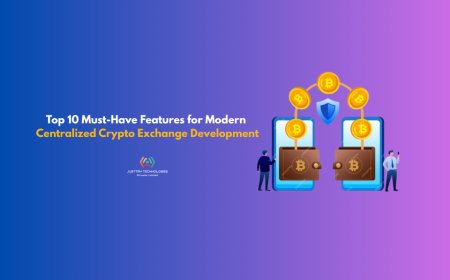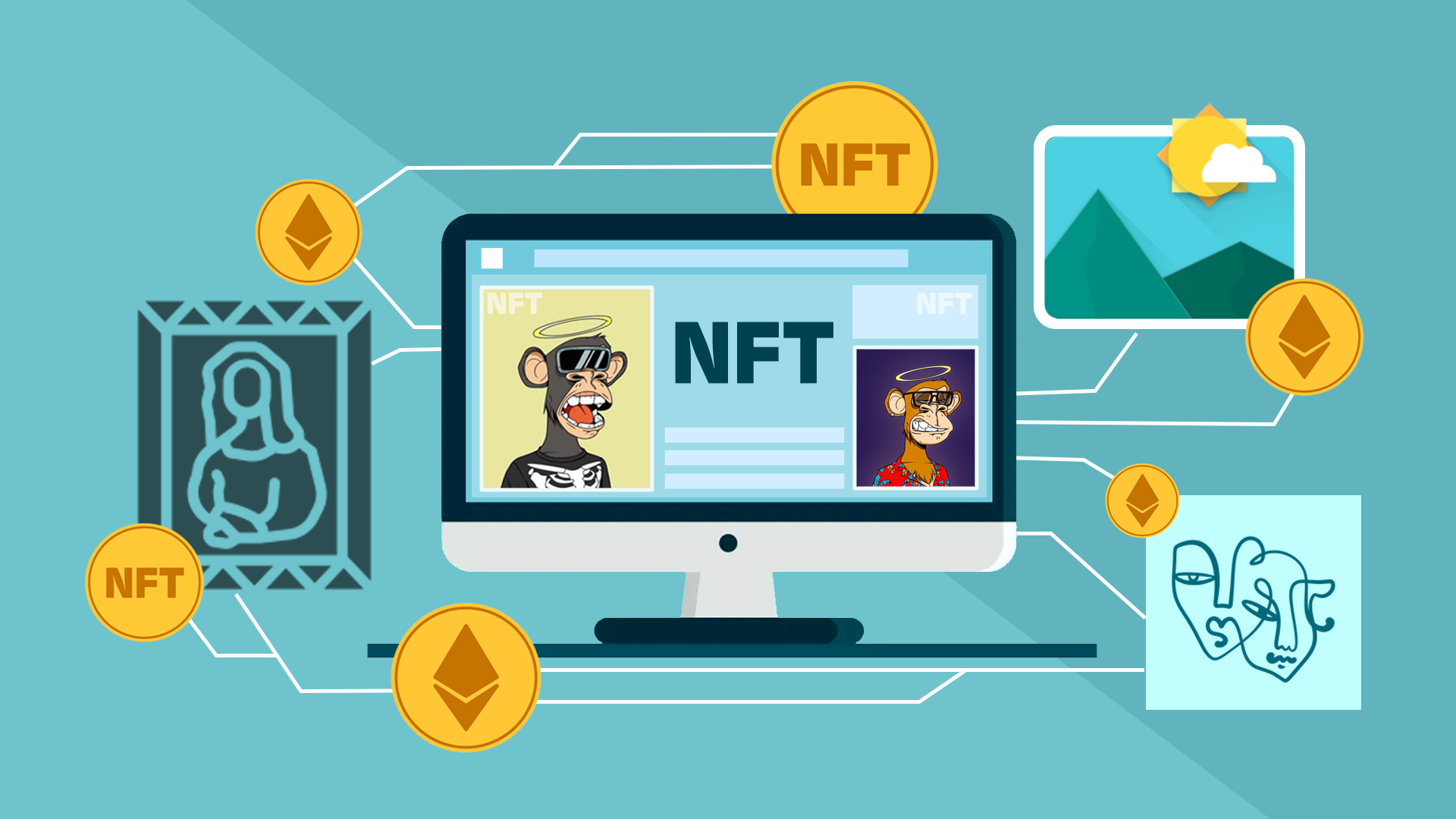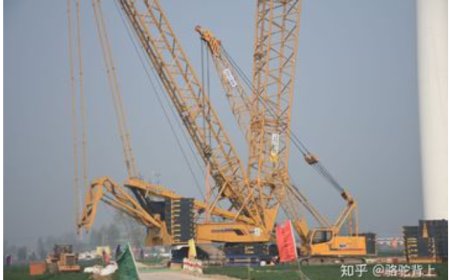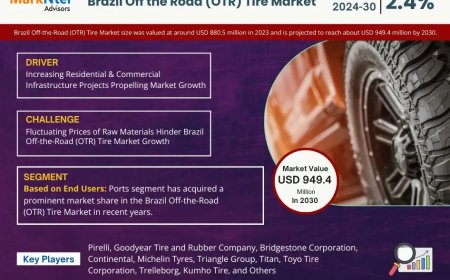Permanent Hiring: Building Strong Foundations for Long-Term Success
In today’s fast-changing job market, businesses often have to decide between different types of hiring.

In todays fast-changing job market, businesses often have to decide between different types of hiring. While freelance and temporary jobs are gaining popularity, there is still a strong and steady demand for permanent hiring. This traditional way of building a workforce remains a critical part of how successful companies grow and thrive over time. Whether you are a business looking to strengthen your team or a job seeker searching for long-term stability, understanding the power of permanent hiring can open doors to greater success.
What is Permanent Hiring?
Permanent hiring refers to bringing an employee into a company on a long-term basis. Unlike temporary or contract workers, permanent employees are hired with no fixed end date to their employment. They are typically given full-time positions, complete with regular salaries, job benefits, and opportunities for growth within the company. This kind of hiring is about finding someone who will stay, grow, and contribute to the companys future.
For employees, a permanent job offers job security, career progression, and a deeper sense of belonging. For employers, hiring permanent staff is an investment in people who will help shape the companys vision and culture over time. Its about building a reliable team that can support the business through its ups and downs.
Why Permanent Hiring Still Matters Today
Even in the age of remote work, digital platforms, and the gig economy, permanent hiring continues to play a vital role in workforce strategy. This is because long-term employees often bring more value than short-term or temporary hires. When someone is hired permanently, they are more likely to be committed to the job. They understand that their future is tied to the success of the company, so theyre motivated to perform at their best.
Companies also benefit from having permanent employees who know the business inside and out. Over time, these workers develop a deep understanding of company processes, customer needs, and industry trends. This kind of knowledge is hard to replace and helps businesses run more smoothly and efficiently. A strong, permanent team can also improve the companys reputation, which helps attract more customers and more skilled job candidates.
Permanent hiring is also important for roles that require training or long onboarding periods. If a job takes weeks or months to learn, it makes sense to hire someone who will stay long enough to become truly effective. This is especially true in fields like engineering, finance, healthcare, and management, where stability and consistency are essential.
The Employer's Perspective: Investing in the Right People
From a business point of view, permanent hiring is more than just filling a vacancyits about building a strong foundation for growth. When a company hires someone permanently, it is choosing to invest in that person's future within the organization. This means offering benefits like paid time off, health insurance, training, and retirement plans. These investments pay off when employees stay longer, take ownership of their work, and become loyal contributors.
Hiring permanent staff also makes it easier to plan for the future. Managers can assign long-term projects with confidence, knowing the same people will be there to complete them. A stable workforce also helps maintain company culture, which is key to keeping employees happy and productive. While hiring permanent staff may seem like a bigger commitment upfront, it often leads to higher productivity and lower turnover in the long run.
Another important factor is teamwork. Permanent employees have more time to build relationships with their coworkers, which leads to better communication and collaboration. Teams that work well together are more creative, more efficient, and better at solving problems. This level of teamwork is harder to achieve with a constantly rotating group of temporary workers.
The Employee's Perspective: Security, Growth, and Belonging
For job seekers, permanent hiring offers many advantages. One of the biggest is job security. Knowing that you have a long-term position gives you peace of mind. You dont have to worry about your contract ending in a few months or constantly searching for your next gig. This allows employees to focus fully on their work, learn new skills, and grow in their roles.
Permanent jobs also come with benefits that improve quality of life. These can include health insurance, paid vacation, sick leave, bonuses, and retirement savings plans. Many companies also offer training programs, mentorship, and opportunities for promotion. These are not just perksthey are essential for building a stable and rewarding career.
Another key benefit is the sense of belonging. When people are part of a permanent team, they feel more connected to the companys mission and values. They are more likely to speak up with new ideas, help coworkers, and take pride in their work. This kind of engagement is good for both employees and employersit leads to better performance, greater satisfaction, and stronger results.
Challenges in Permanent Hiring and How to Overcome Them
Like any hiring process, permanent hiring comes with challenges. It often takes more time to find the right candidate, especially for roles that require specific skills or experience. Employers need to be careful to make the right choice, because a poor hiring decision can be costly. Hiring the wrong person permanently may affect team morale and productivity.
To avoid these issues, companies must improve their hiring strategies. This means writing clear job descriptions, conducting thorough interviews, and using effective onboarding practices. It also means thinking about culture fit, not just qualifications. The best hires are those who not only have the skills but also share the companys values and work style.
From the candidate's side, there is also pressure to prove themselves. Landing a permanent job may take more effort, especially in competitive industries. But once hired, the rewards can be worth it. Being proactive, upskilling, and building strong relationships within the company can help employees succeed in their permanent roles.
The Future of Permanent Hiring
The future of work will likely be a blend of different hiring models, including freelance, temporary, and permanent roles. However, permanent hiring will remain essential for creating strong companies and stable careers. As industries grow more complex, businesses will need long-term thinkers, loyal team members, and experienced leaders to stay ahead of the curve.
Technology is also helping improve permanent hiring. Online platforms, data analytics, and AI tools are making it easier to find, assess, and train candidates. This means businesses can make smarter hiring decisions faster, and job seekers can better match with the right opportunities.
At the same time, the expectations of workers are changing. People want flexibility, meaningful work, and a good work-life balanceeven in permanent roles. Companies that understand this and offer supportive, inclusive environments will be better able to attract and retain top talent in the years ahead.
Conclusion: The Power of Stability
Permanent hiring remains one of the most powerful tools for building successful businesses and meaningful careers. It offers security, stability, and long-term growth for both employers and employees. While the world of work continues to evolve, the value of a dedicated, full-time workforce is as strong as ever.
For businesses, investing in permanent employees means investing in the future. For workers, landing a permanent role can be the first step toward building the life and career they want. In a world full of change, permanent hiring provides a strong, steady path forwardand thats something everyone can count on.





































